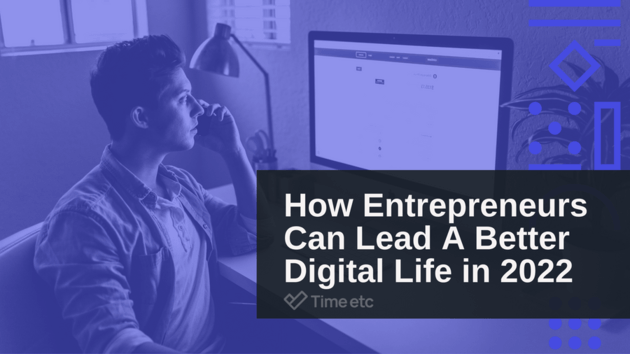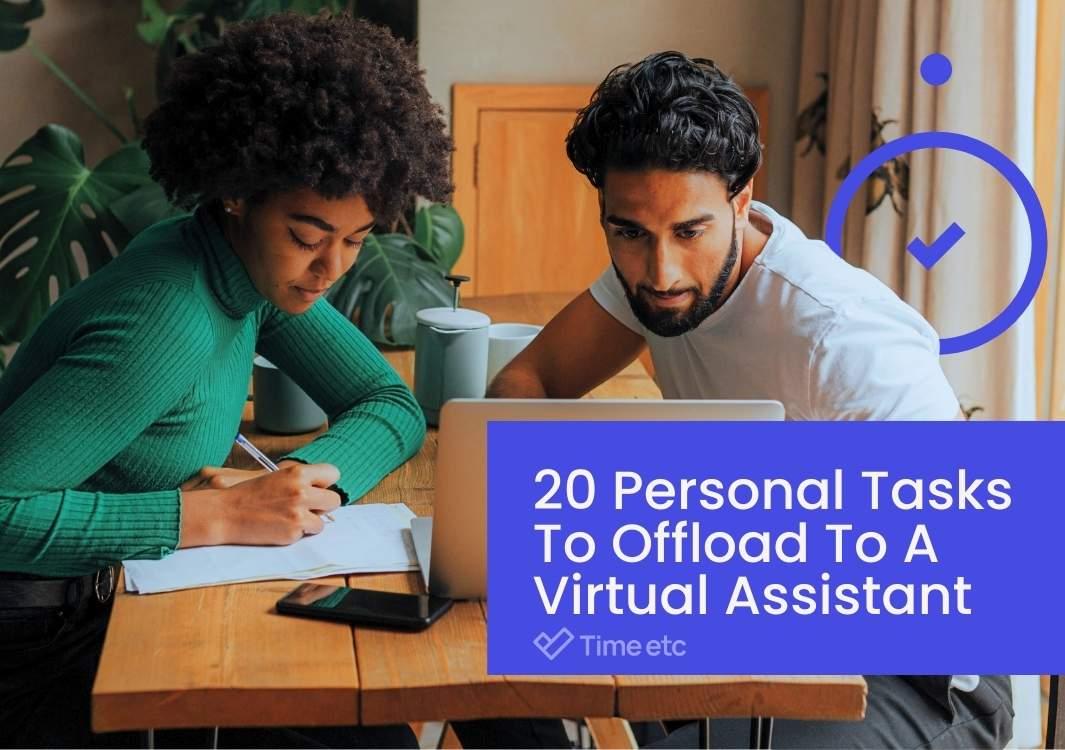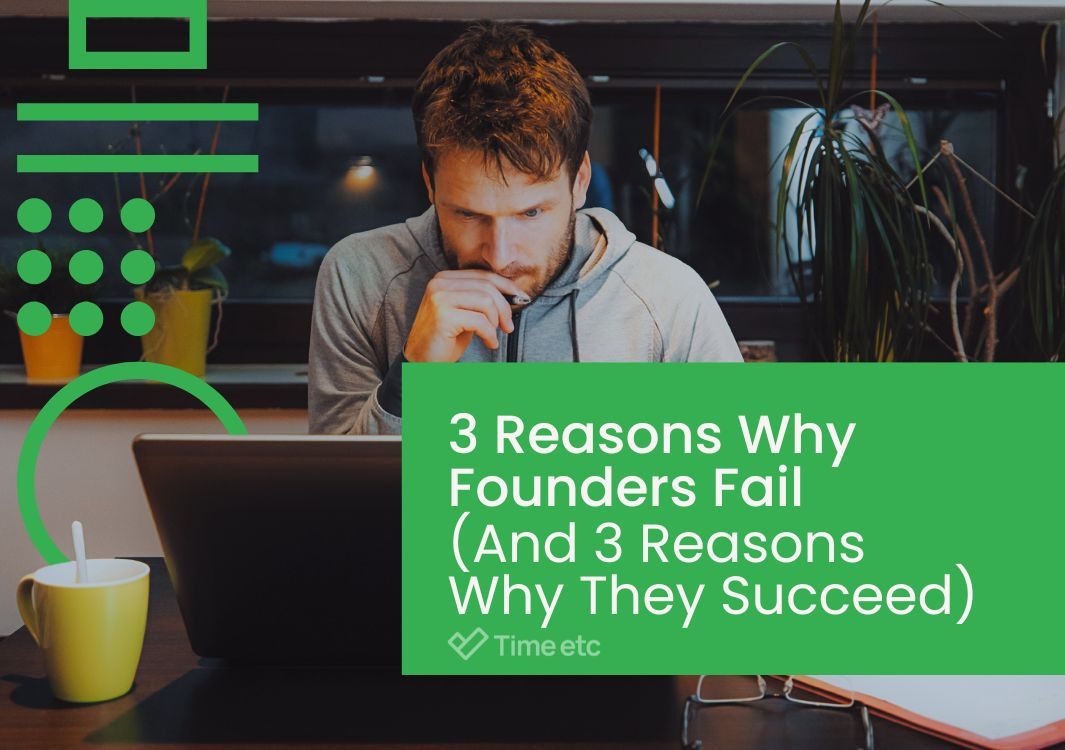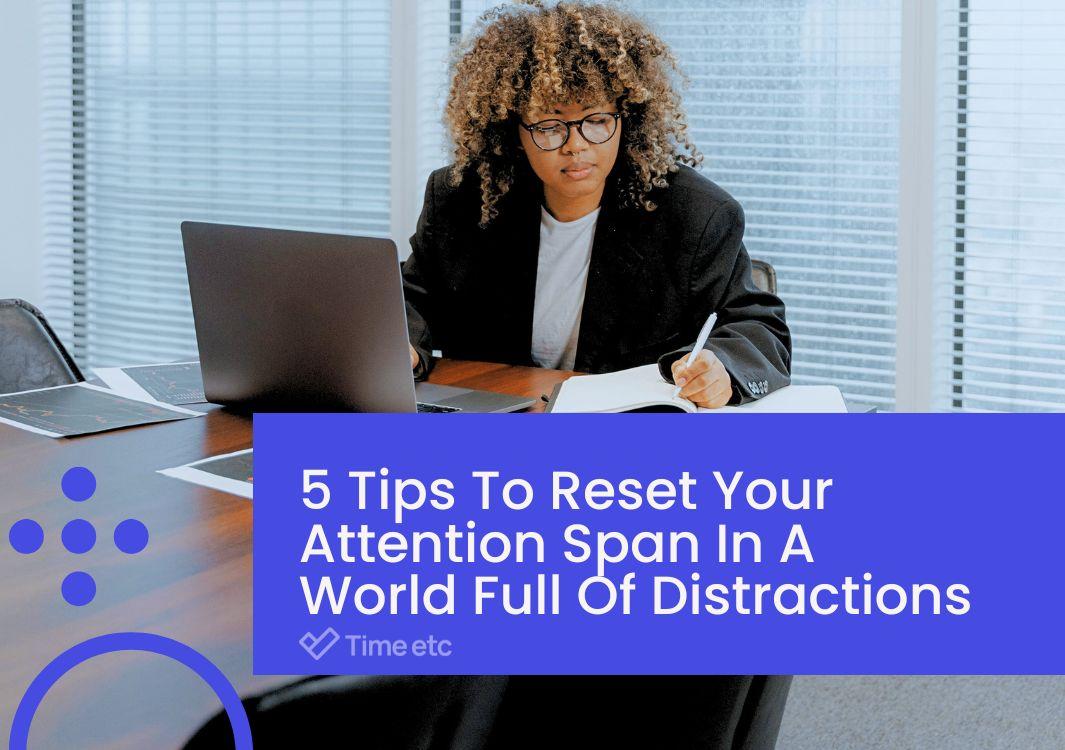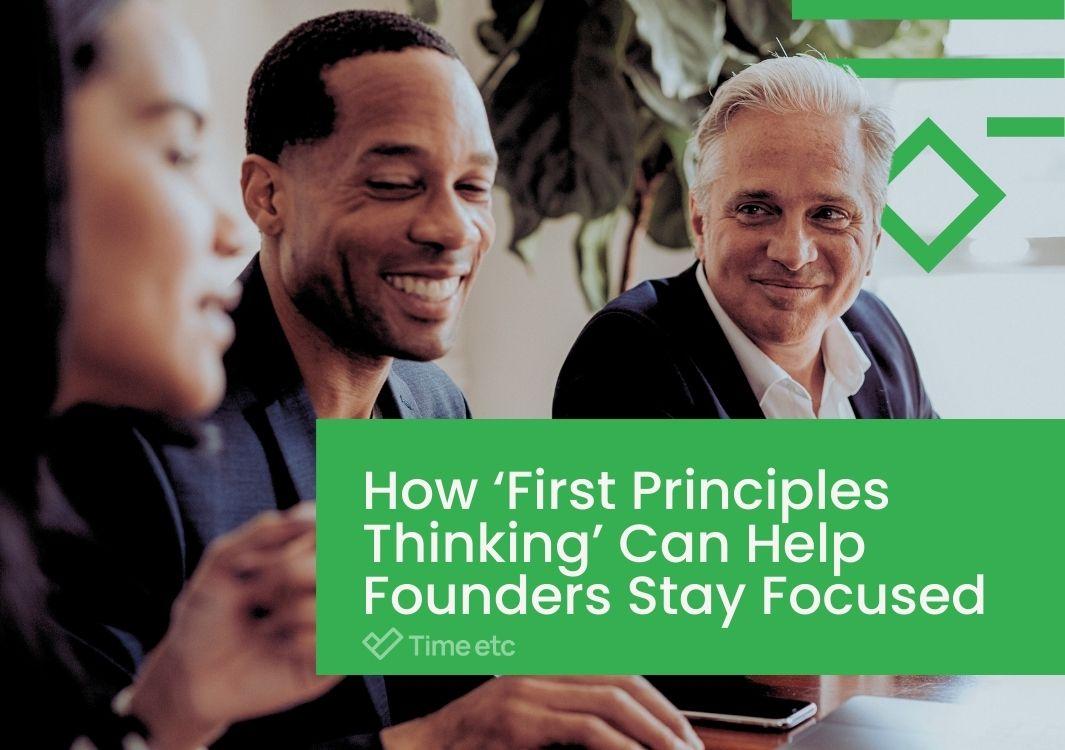From Zoom meetings to digital marketing to internal documentation, so many of the daily tasks for your business happen online that it’s easy to lose track of how much time you spend in front of a screen.
But this isn't a new phenomenon, and many entrepreneurs are noticing the effects of an increasingly digital lifestyle.
Luckily, there’s no need to go off the grid or give up your devices completely. There are plenty of ways you can still make the most out of technology without it impacting your well-being.
Monitor Your Screen Time
Since the early 1990s, there has been a growing interest among experts in understanding what happens to our brains, bodies, and minds when we use screens for long periods.
For instance, a German study in 2018 found a relationship between increased use of smartphones — particularly gaming or social media apps — and an increased likelihood “to reject larger, delayed rewards in favor of smaller, immediate rewards.” According to the researchers, their findings support growing evidence for a link between smartphone use and impulsive decision-making.
Long-term screen usage also affects other aspects of your health — for example, it can make eye strain and posture worse, and it can contribute to higher levels of sedentarism.
Using your devices for too long can also impact your concentration and productivity. Something as simple as a notification can set you back. According to a University of California Irvine study, “it takes an average of 23 minutes and 15 seconds to get back to the task” after you get distracted. Quickly checking your phone when a notification flashes up might seem harmless enough, but it can end up really setting you back.
If you find your devices too distracting, fortunately, a simple solution already exists within the phone itself. Digital Wellbeing for Android and Screen Time for iOS are in-built features that can help physically limit your time on certain apps. In the same way that parental controls protect children from inappropriate content, these features protect you from mindlessly scrolling and distracting yourself from the task at hand, or from being present with your loved ones. Not only that, these features can also show you a breakdown of how you spend your time on your device to help you spot your biggest time-sucks.
Give Your Phone The Night Off
How many times have you laid down in bed, only to stay awake for hours scrolling down social media feeds or watching videos?
These habits aren’t just robbing you of much-needed sleep — they’re also affecting the quality of your sleep.
The light from devices like computers and phones triggers the release of a protein called melanopsin, which suppresses the sleep-regulating hormone melatonin.
And if you’ve ever tried to be productive after a night of little-to-no sleep, you’ll know how tough it can be.
Perhaps the most effective way of kicking the habit of using your phone last thing at night and first thing in the morning is to leave it somewhere far from reach or keep it in another room entirely at night. Instead, you could use an old-fashioned alarm clock, a sunrise clock, or wearable devices like Fitbits to help you wake up on time, without the all-too-easy access to your inbox or favorite websites to distract you.
If you don’t want to go cold turkey and immediately cut out all devices before bed, use an e-reader instead. E-readers are less disruptive than tablets or phones, provided you’re using dark mode and low brightness.
Adopt A Social Media Minimalist Mindset
In 2021, the average American spent 142 minutes a day on social media, which is just under 10% of an entire day. When social media platforms first emerged, we all flocked to them as fun ways to stay in touch with family and friends, keep up with current trends, and share entertaining or interesting content. But our ever-increasing social media use appears to have a paradoxical effect — we may think we’re connecting with more people than ever before, but in fact, higher usage of social media has been linked to higher levels of perceived social isolation.
You’ve probably heard of authors, executives, and other successful people leaving social media altogether. For people with an established audience or community, it's easy to transfer it to a web forum, website, or newsletter without it disintegrating. But if you’re still building that community, shutting down all your socials isn’t always viable. So, aim for moderation instead.
Ask yourself what you want to achieve with both your personal and professional social accounts. Being more mindful and deliberate in your usage will make it less likely you’ll get lost aimlessly scrolling down your feed pages.
Cutting down on your social media usage will help reduce your screen time, but it’s also worth reviewing your follow lists. Unfollow any accounts that don’t enhance your experience. Old classmates that you never even liked, celebrities or influencers who can cause you low self-esteem or FOMO, if scrolling your feed has you feeling inadequate when you start comparing your life to others or seeing posts that make you feel sad, angry, or bored, then cut them out.
Optimize Your Cybersecurity
No one wants to wake up one morning to find their email or a social media profile has been hacked, sending spam and phishing links to all their contacts. Or worse — crucial information about their business accessed by third parties. In 2020, the FBI received 3,000 to 4,000 cybersecurity complaints daily, up from 1,000 daily complaints in the previous years.
We’re all used to taking precautions to keep our homes or brick-and-mortar business secure, but as technology evolves, so does the risks.
It all starts with your email. Simple steps like adding 2-factor authentication to your email, using randomly generated passwords with a password manager, and using business addresses only for business purposes are the easiest steps you can take to make your accounts more secure.
Without realizing it, you probably have hundreds of accounts all over the web. It’s just not possible to remember all the passwords without making them too easy to guess. So, password managers are a crucial tool nowadays.
Many password manager solutions have extra functionalities, such as alerting you if you’ve used the same password on multiple accounts or even if the websites you have accounts on have been compromised.
But in any case, it’s always better to be safe than sorry. If you haven’t already done so, make sure you have a disaster recovery plan — perform regular backups, set up ways to secure your other accounts, and make sure your teams are well aware of the precautions they need to take, too.
It’s always a good idea to have more than one backup. Cloud storage can be hacked and physical hard drives can get lost or damaged. A combination of both will help you keep your information secure no matter what.
What’s The Bottom Line?
There is no doubt that technology will be a part of our lives forever, and it’s easy to get caught up in the digital lifestyle. But it doesn’t have to be all-or-nothing. Purposeful device use, less screen time, maximum security, more human connections, and positive online interactions will all help to reduce the risks and negative effects of technology in today’s world.
With the right tools and a few tweaks to your habits, living a more balanced digital life is perfectly possible.

